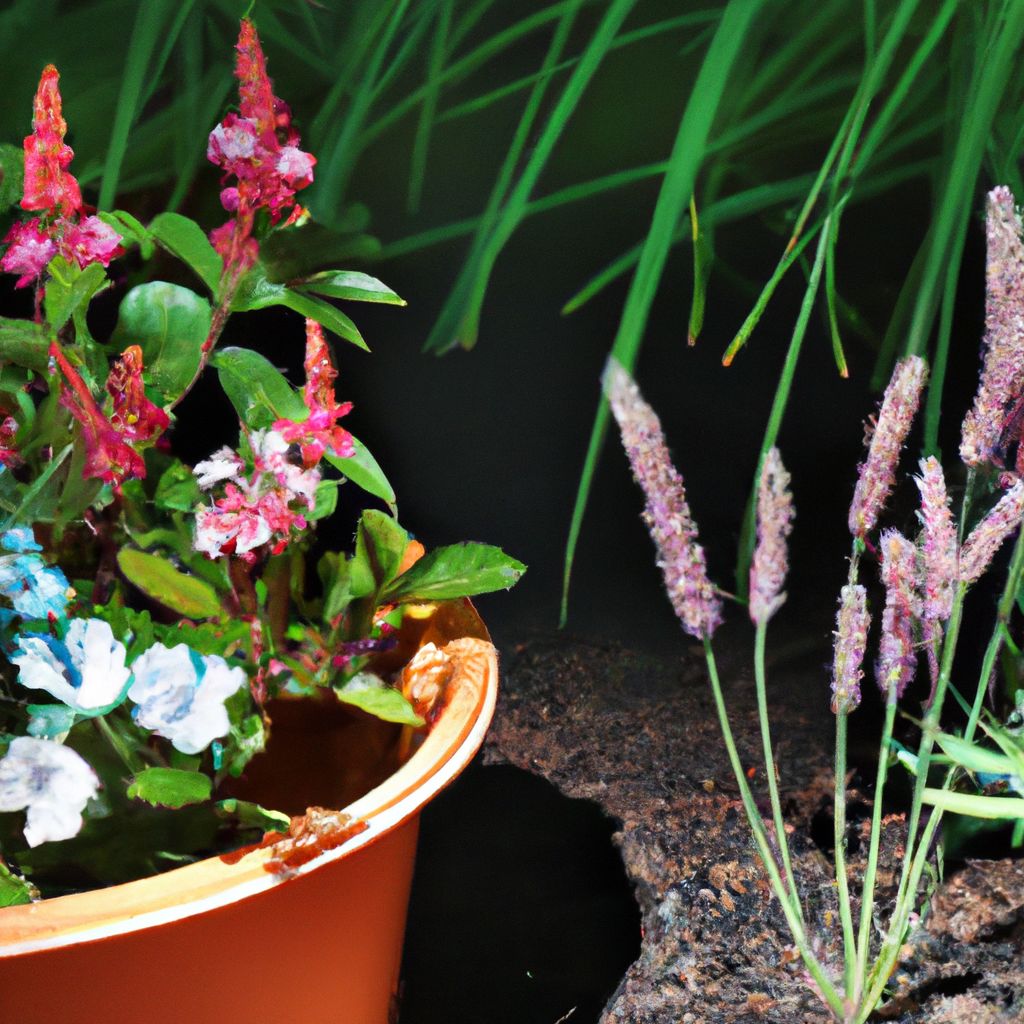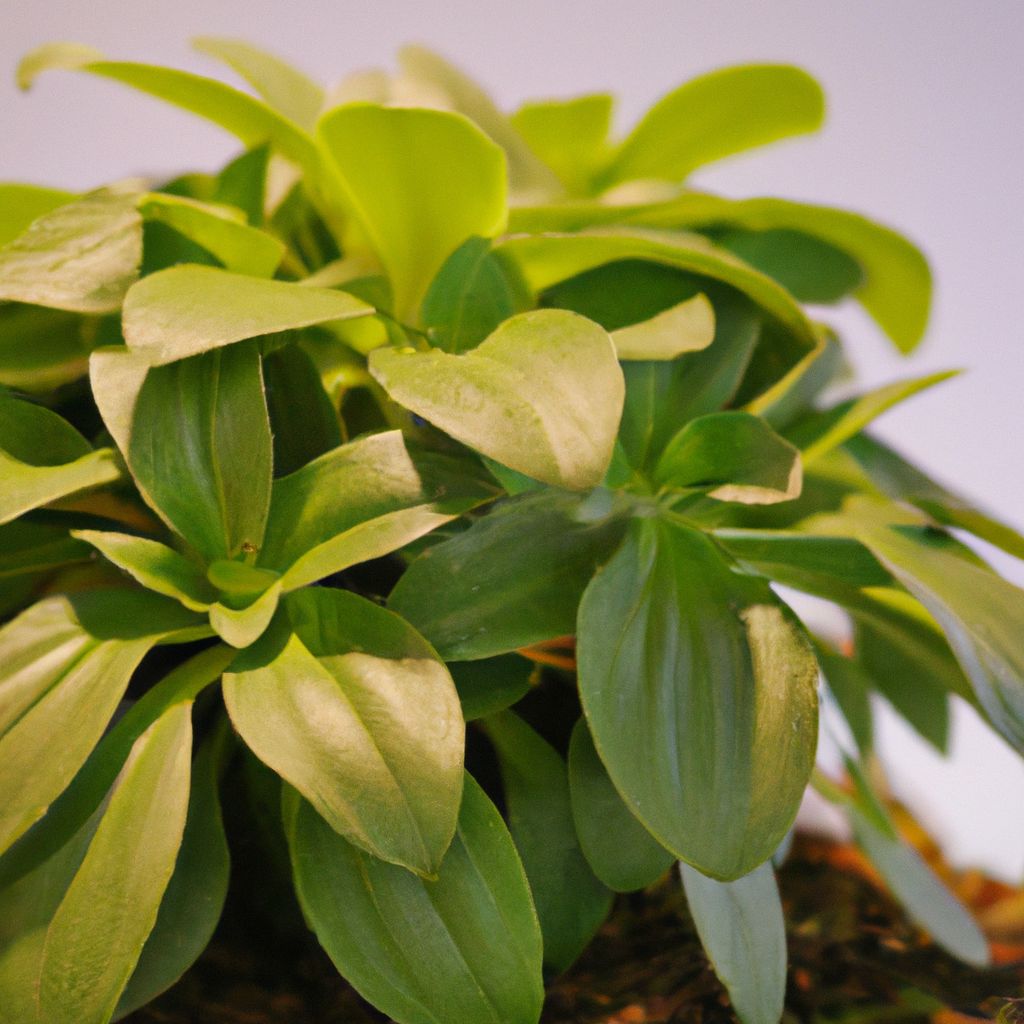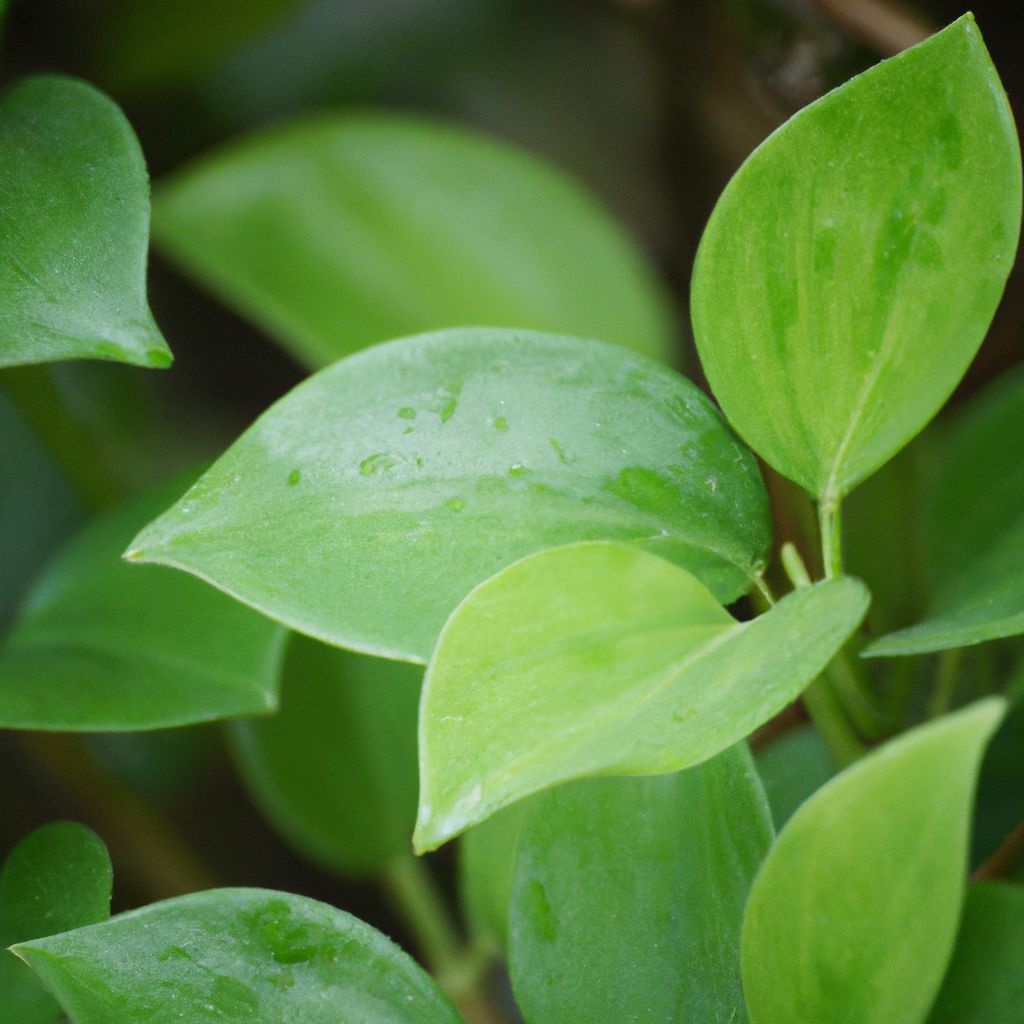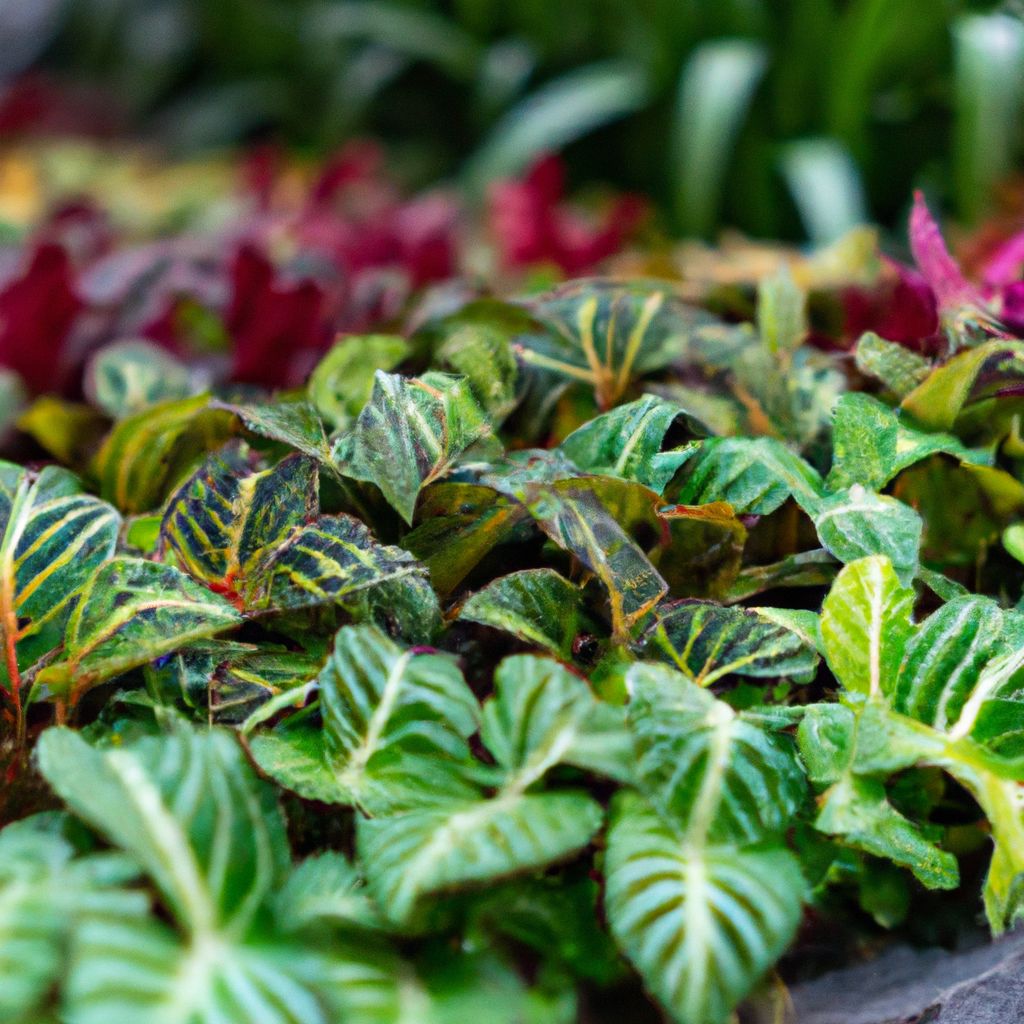Granite dust is emerging as a versatile soil amendment that can enhance various aspects of soil health and plant growth. Composed of finely crushed granite, this natural material provides gardeners with an affordable and sustainable option for enriching their soil. From improving drainage and fertility to controlling pH levels, granite dust offers numerous benefits that can transform the quality of your garden soil.
Five Key Benefits Granite Dust Provides for Soil
There are several ways that incorporating granite dust into your soil can improve its properties and promote plant growth:
Enhanced Soil Structure
Granite dust is effective at breaking up compacted soil. This leads to increased porosity and improved water drainage and airflow in the soil. Plants can develop healthier root systems as a result.
Nutrient Retention
The minerals present in granite dust, like potassium, calcium and magnesium, help soils retain essential nutrients. This provides plants with vital elements needed for optimal growth.
pH Adjustment
The alkaline nature of granite dust helps neutralize overly acidic soils. Adjusting pH creates a more favorable environment for plants to absorb nutrients.
Weed Suppression
Granite dust introduces unfavorable conditions for weed germination and growth. This natural solution helps reduce unwanted weeds.
Erosion Control
Granite dust forms a protective barrier that prevents soil erosion from wind and rain. This improves soil stability significantly.
Boost Drainage with Granite Dust
To improve drainage, focus on these benefits when adding granite dust to your soil:
- Increased porosity from added pore spaces
- Enhanced aeration and oxygen supply to plant roots
- Reduced soil compaction for better water flow
- Gradual nutrient release as minerals react with soil
- Improved overall soil structure and friability
The ancient Mayans enriched their agricultural fields with granite dust, discovering its ability to optimize drainage and fertility for growing diverse crops. This historical practice remains relevant today.
Nourish Your Soil with Granite Dust

Give your soil a nutritional boost with these tips:
- Incorporate compost and manure to provide organic matter
- Use cover crops to fix nitrogen
- Rotate crops to prevent nutrient depletion
- Mulch to retain moisture and nutrients
- Balance pH for optimal nutrient absorption
- Limit chemical fertilizers to avoid imbalances
- Encourage earthworms and beneficial microbes
- Use granite dust sparingly to contribute vital minerals
By amending soil with granite dust alongside these other enrichment practices, you can significantly enhance fertility for healthier, more productive plants.
Balance Your Soil’s pH Using Granite Dust
To modify your soil’s pH, granite dust offers an effective natural solution. It contains minerals that neutralize acidic soils and raise pH levels. This creates an optimal growing environment for plants to thrive.
Test your soil to determine desired pH range. Apply an appropriate amount of granite dust based on your soil’s acidity level and needs. Monitor pH regularly and maintain a healthy balance. Incorporating this amendment can greatly improve garden health.
Improve Aeration and Soil Structure
Follow these tips to enhance aeration and structure:
- Test soil pH
- Add compost or manure
- Avoid overwatering
- Use amendments like granite dust
- Loosen compacted soil
- Plant cover crops
- Rotate crops annually
- Minimize excessive tilling
Using these practices diligently helps develop an optimal soil structure and healthy aeration for vigorous plant growth.
Prevent Erosion with Granite Dust
Studies show that granite dust can reduce soil erosion dramatically. Its particles bind with soil to create a protective barrier, increasing stability. This natural solution prevents erosion from wind and rain without releasing chemicals. Granite dust also enhances fertility, making it a sustainable amendment.
Stop Weed Growth Naturally
Follow these tips to prevent weed growth organically:
- Maintain thick mulch layer
- Remove weeds fully, including roots
- Avoid overwatering near plants
- Use barrier fabric or landscaping cloth
- Apply natural weed control sprays
- Implement preventive measures consistently
Combining these approaches can significantly reduce weed growth for healthy, weed-free soil.
Harness the Power of Granite Dust for Your Soil
Granite dust improves soil porosity, water retention, and structure for optimal root development and plant health. It provides essential minerals, balances pH, and enhances fertility. This natural amendment benefits gardens, flower beds, and potted plants alike.
To use granite dust effectively:
- Test soil pH and deficiencies
- Evenly apply dust and incorporate into top layer
- Follow recommended application rates
- Monitor plant response and adjust as needed
- Maintain proper watering and fertilization alongside use
A Budget-Friendly Alternative for Soil Enrichment
With its versatility and numerous benefits, granite dust offers gardeners a cost-effective alternative to other amendments for enriching soil.
It enhances soil structure, increases moisture retention, provides vital minerals, balances pH levels, reduces erosion, and stimulates root growth. These lasting effects minimize reapplication needs. Its easy availability in diverse quantities also makes granite dust convenient for small and large-scale uses.
Overall, granite dust is an affordable, multi-purpose solution for optimizing soil quality and plant vigor.
Simple Steps for Using Granite Dust
Follow these straightforward steps to improve your soil with granite dust:
- Clear garden bed of weeds and debris
- Spread even layer of granite dust
- Thoroughly mix into soil with garden fork or tiller
- Water deeply to integrate dust into soil
- Monitor pH and adjust as needed
- Maintain regular garden care alongside application
When using granite dust:
- Start with small amount and slowly increase
- Consider specific plant needs
- Test regularly to gauge effectiveness
- Use as part of overall best gardening practices
An In-Depth Look at This Soil Amendment
Granite dust is a fine powder produced from crushed granite rocks. It contains micronutrients and trace minerals that enhance soil health.
As it reacts with soil organisms, granite dust gradually releases essential nutrients. This mimics the natural mineralization process, providing a slow-release fertilizer effect.
The key benefits of granite dust include:
- Improved drainage and porosity
- Increased fertility and nutrient retention
- pH regulation to balance acidity
- Better soil structure and oxygen circulation
- Protection against erosion
Overall, granite dust is a sustainable solution for enriching soil quality, structure, and productivity.
Where to Source This Soil Enhancer
Granite dust can be sourced from:
- Landscaping suppliers or garden centers
- Stone quarries and processing facilities
- Online retailers of soil amendments
- Local construction sites
- Recycling centers
- Stone fabrication and countertop companies
When sourcing granite dust, evaluate your project’s needs and required quantities. Verify the dust is suitable for soil enhancement and contaminant-free.
Using Granite Dust in Any Soil Type
Granite dust can improve all soil types, including:
- Sandy soils: Retains moisture
- Clay soils: Improves drainage
- Loamy soils: Enhances nutrition
Conduct soil tests to determine mineral deficiencies and pH levels. This will indicate proper granite dust amounts to apply. Moderate quantities based on plant needs and response. While beneficial to most soils, granite dust amounts will vary.
Finding the Right Application Rate
Consider these factors when determining how much granite dust to use:
- Soil type and condition
- Mineral content of the granite dust
- Desired results for your garden
- Precautions against over-application
- Following manufacturer’s instructions
Start with small amounts, monitor plant response, and make adjustments as needed. This will help you find the ideal application rate.
Using Cautiously to Avoid Risks
Take safety precautions when using granite dust:
- Wear gloves and dust mask to avoid irritation
- Handle carefully, avoiding inhalation
- Apply appropriate amounts to prevent pH imbalances
- Keep away from high traffic areas
- Follow manufacturer guidelines
With careful use, you can minimize risks and utilize granite dust safely.
Exploring Alternative Soil Amendments
Beyond granite dust, options for enriching soil include:
- Compost and manure
- Peat moss for moisture retention
- Leaf mold to enhance fertility
- Green manures that improve structure
- Cover crops to add organic matter
Experiment with different amendments to find the best alternatives for your gardening needs and soil type.
The Verdict on Granite Dust for Soil
With its multi-faceted benefits for drainage, structure, nutrition, and fertility, granite dust is a versatile amendment for enriching and protecting your garden soil. Follow best practices for sourcing, application rates, and precautions. Partner granite dust with other organic methods tailored to your unique soil. With this natural soil enhancer, you can cultivate healthier, more bountiful gardens.
















































